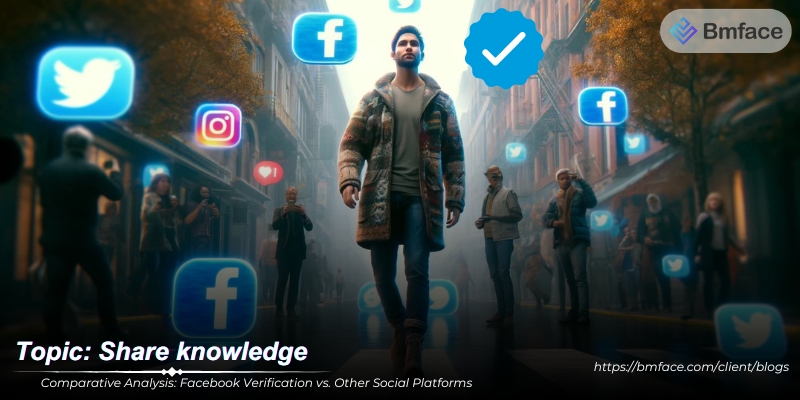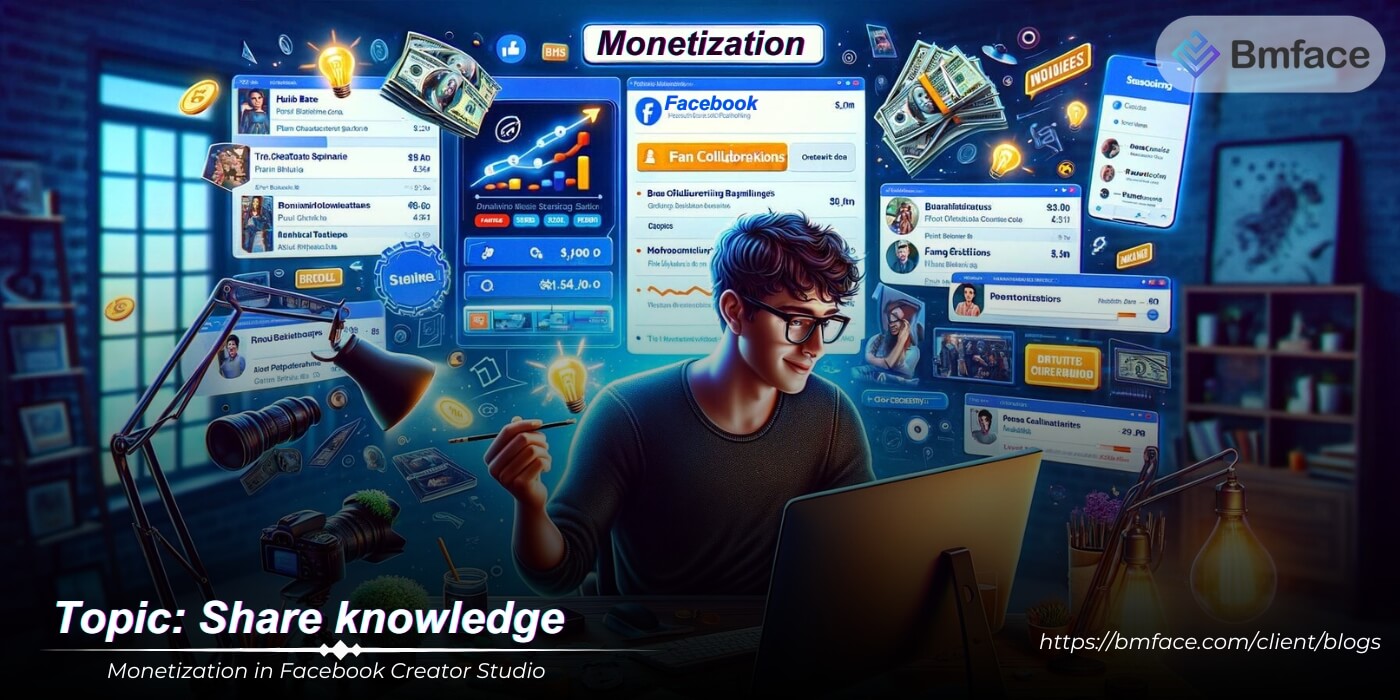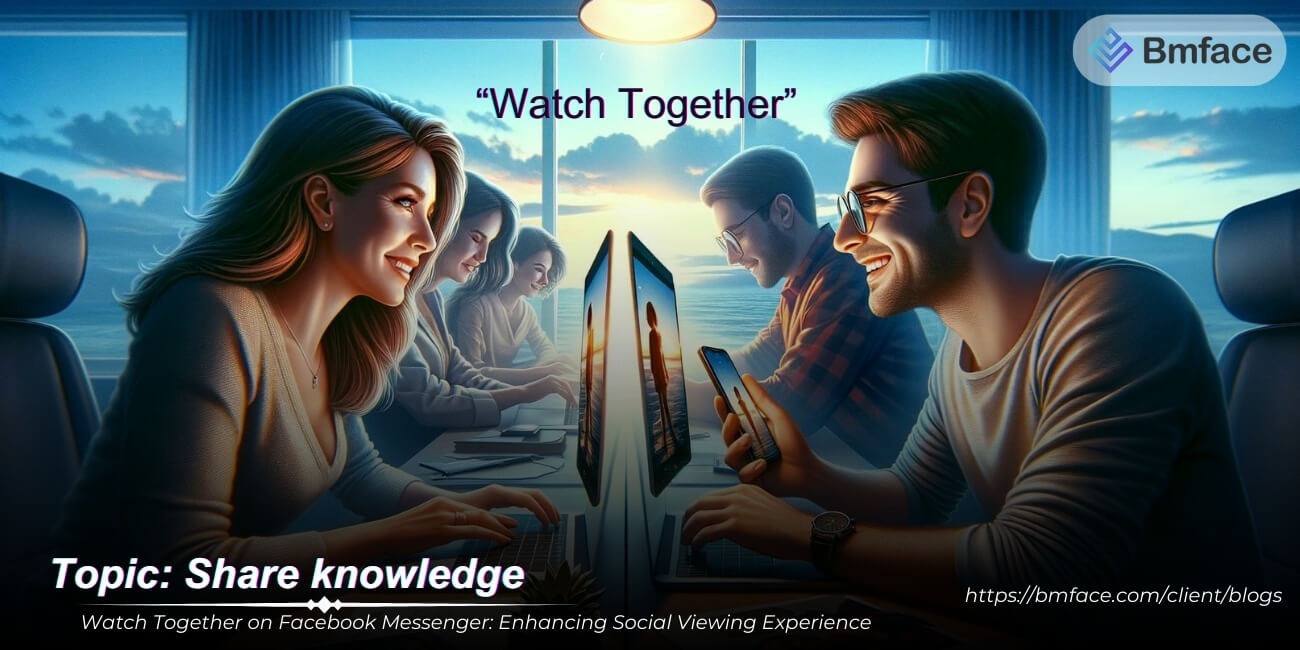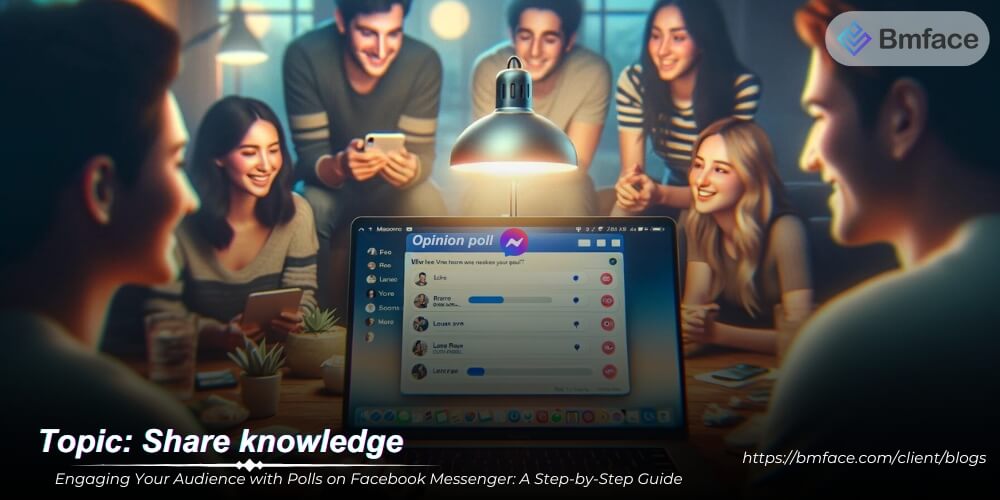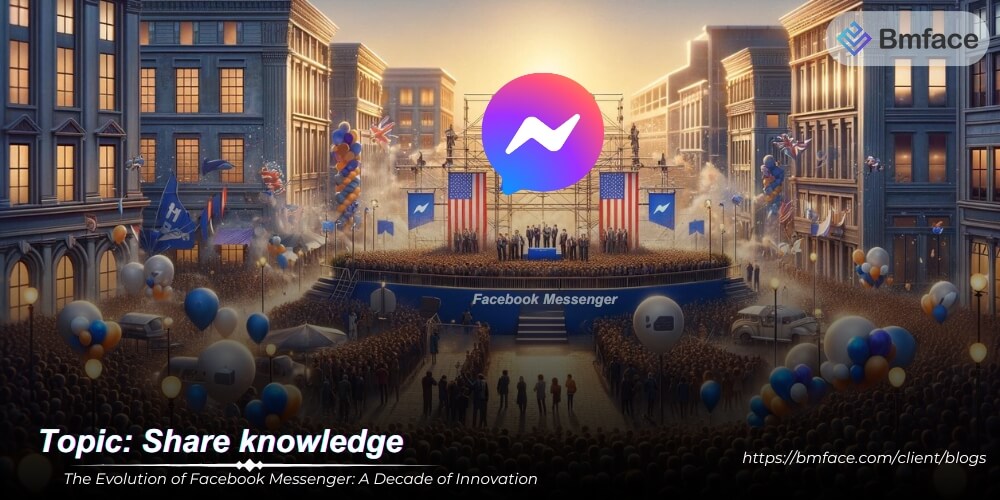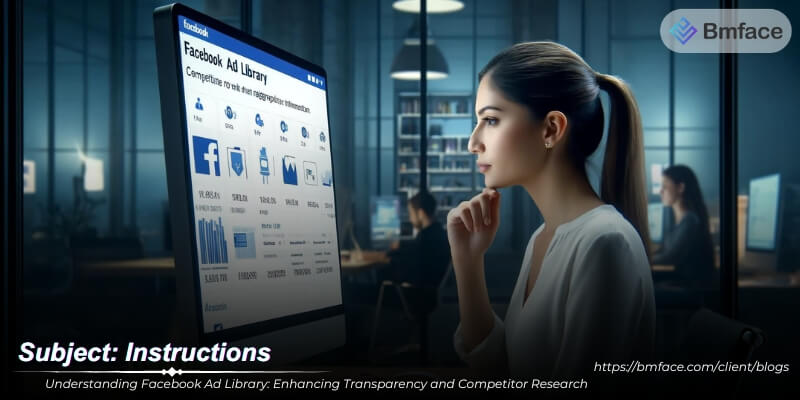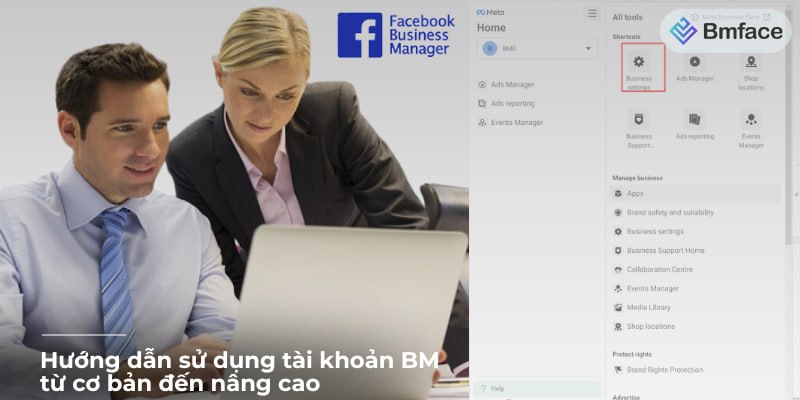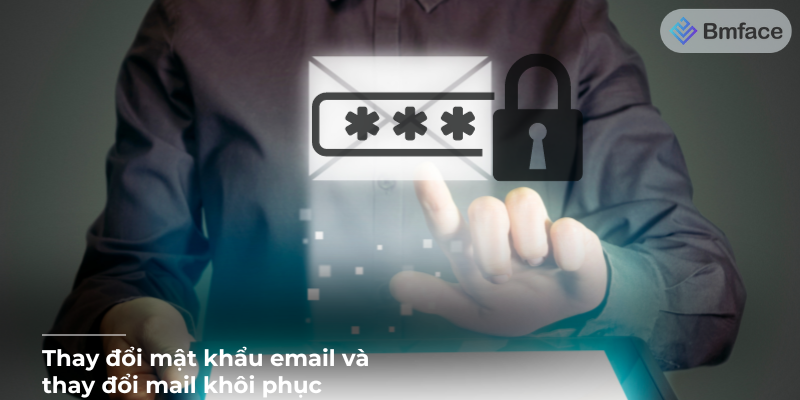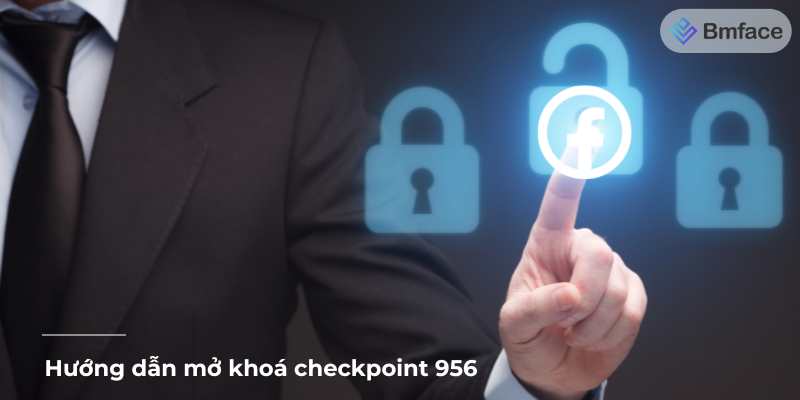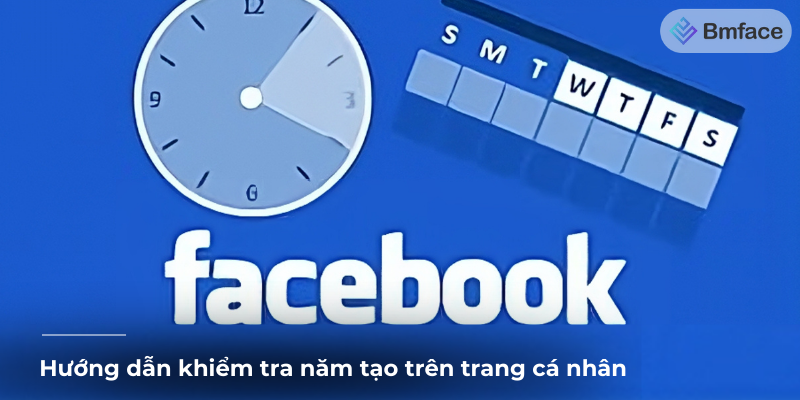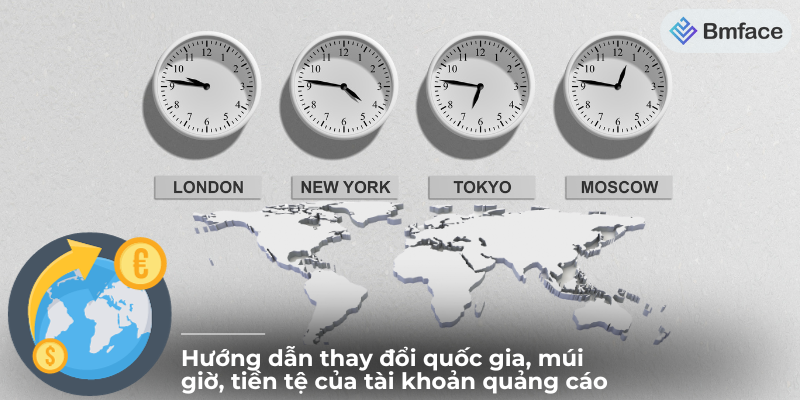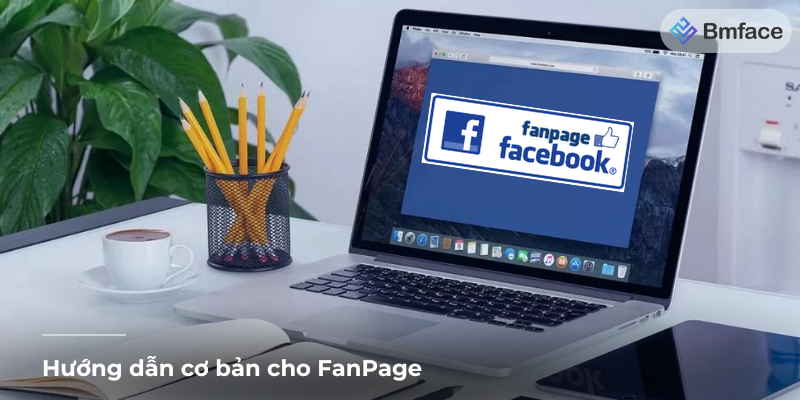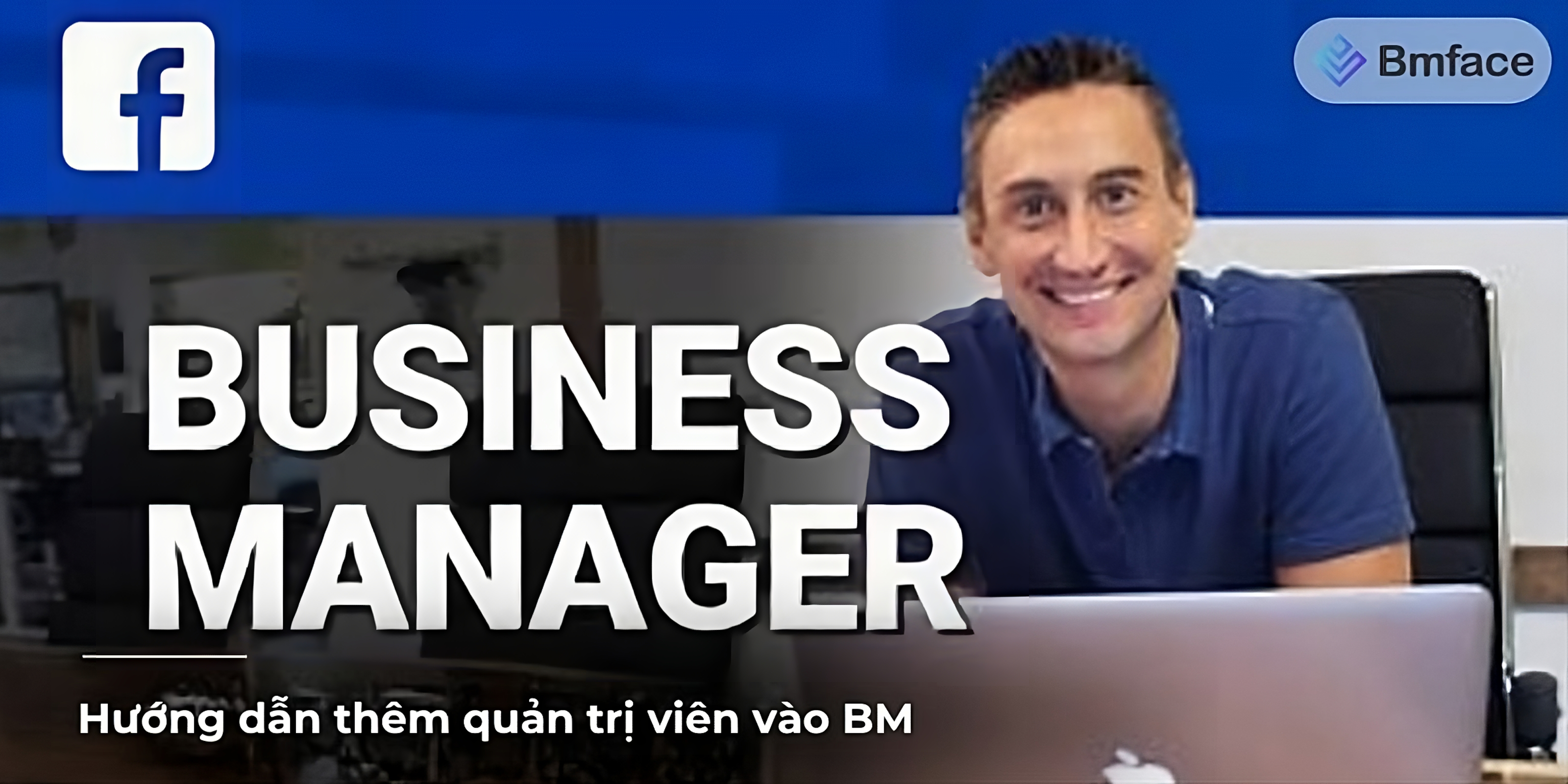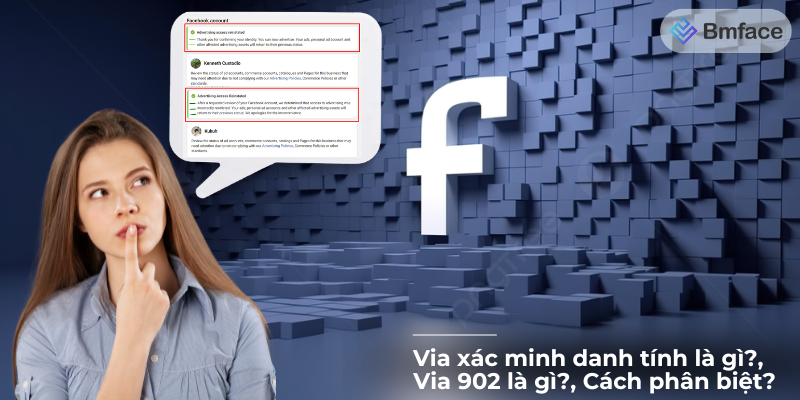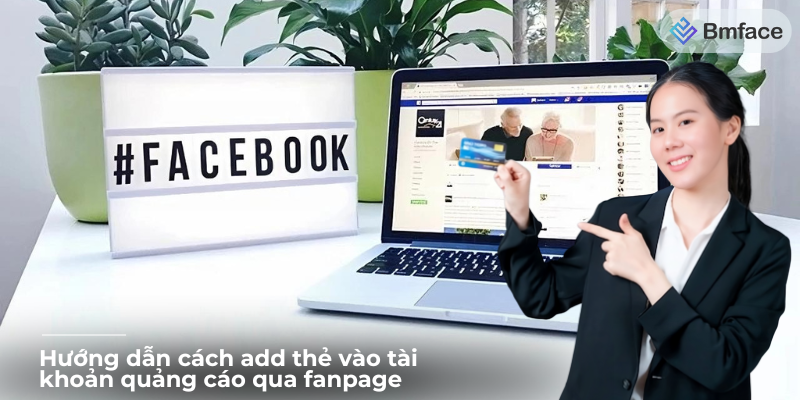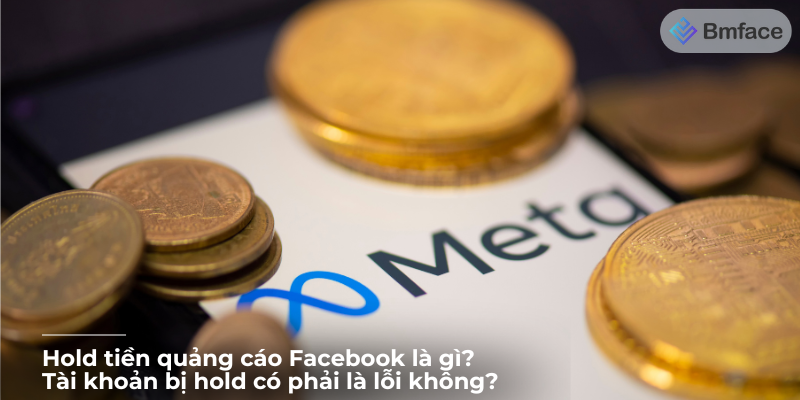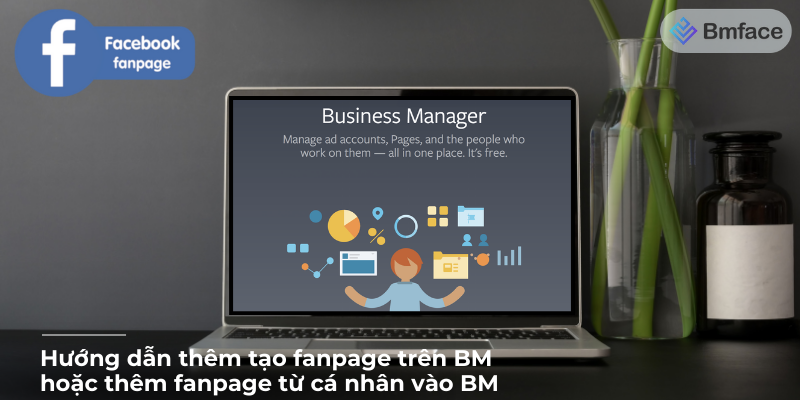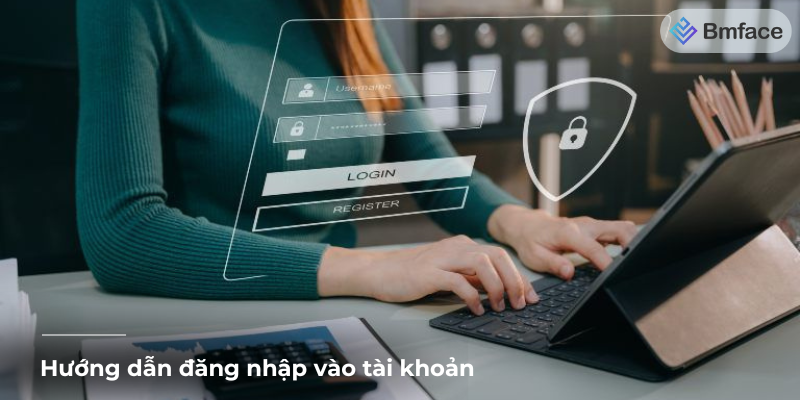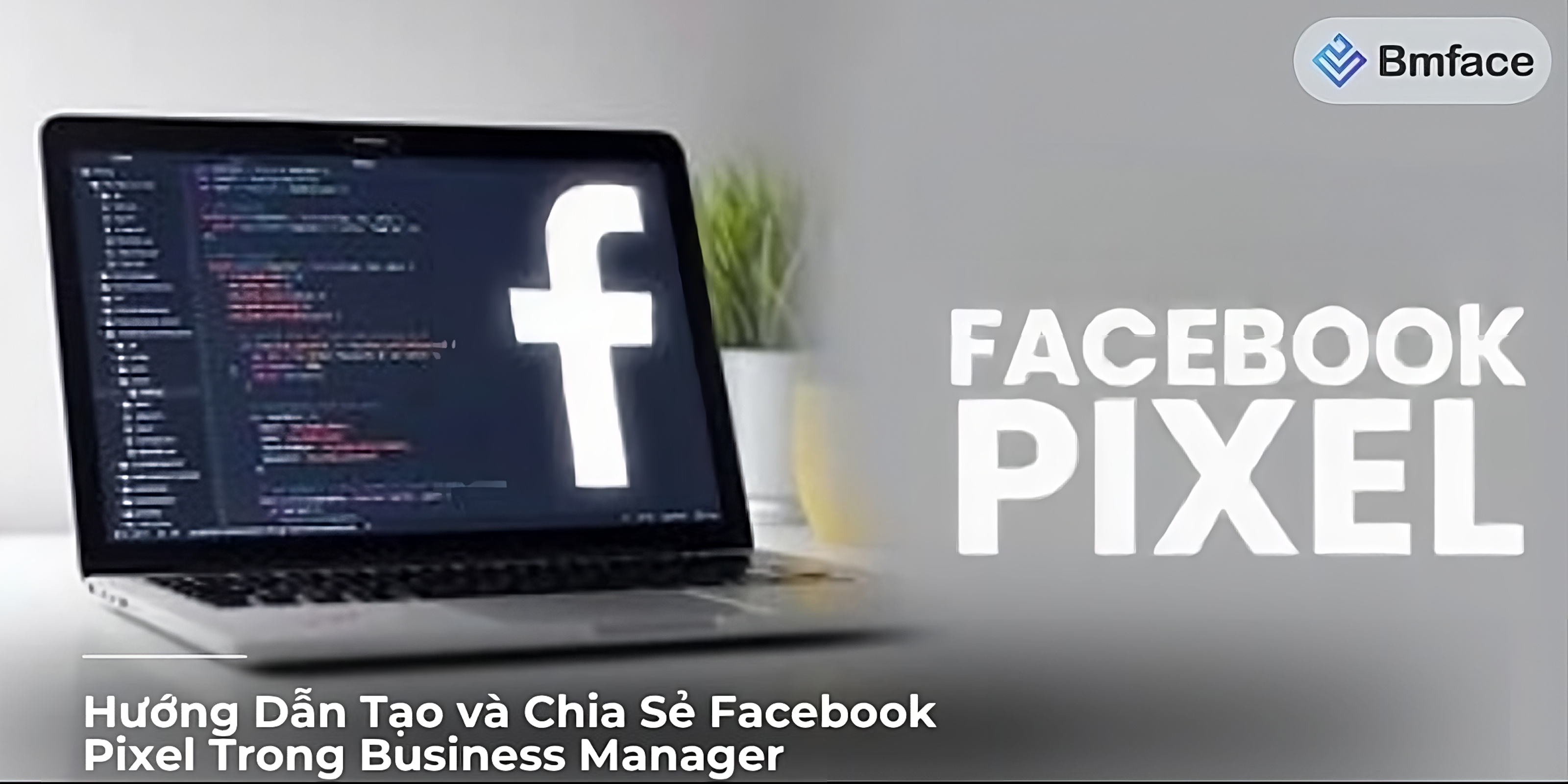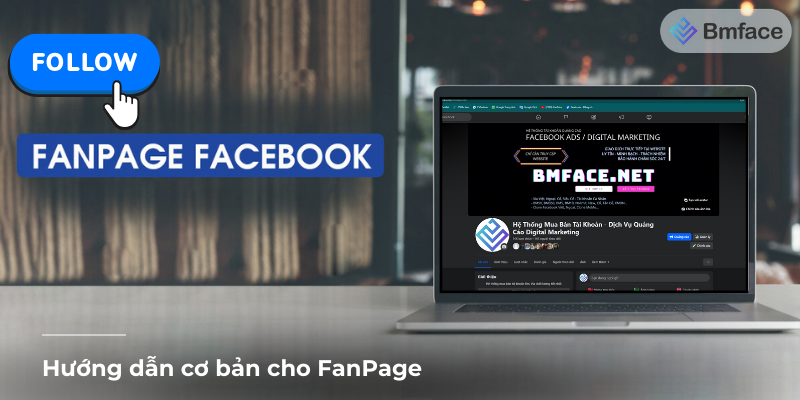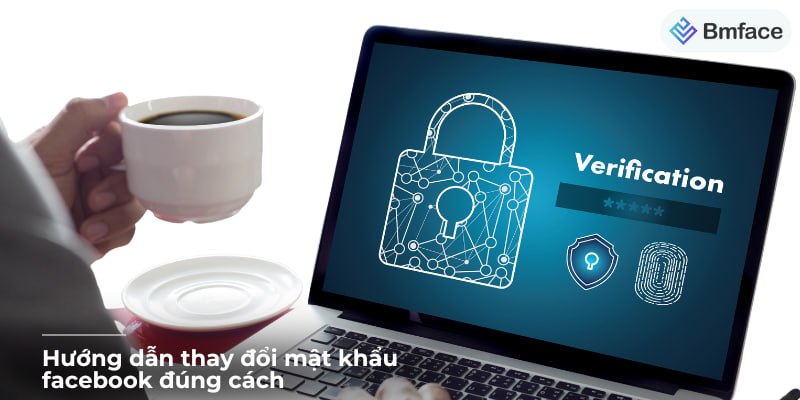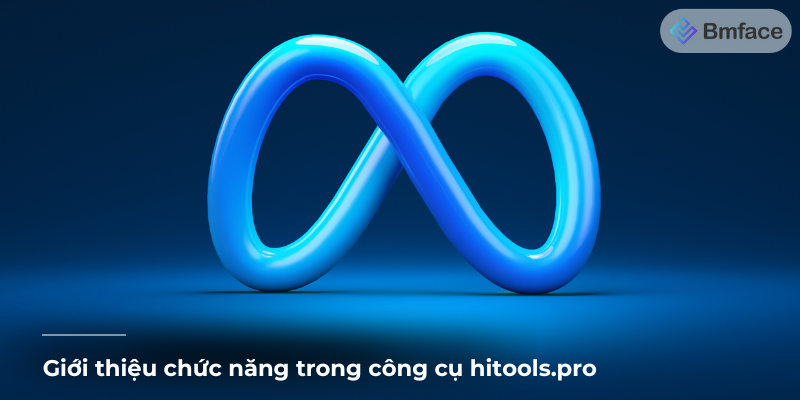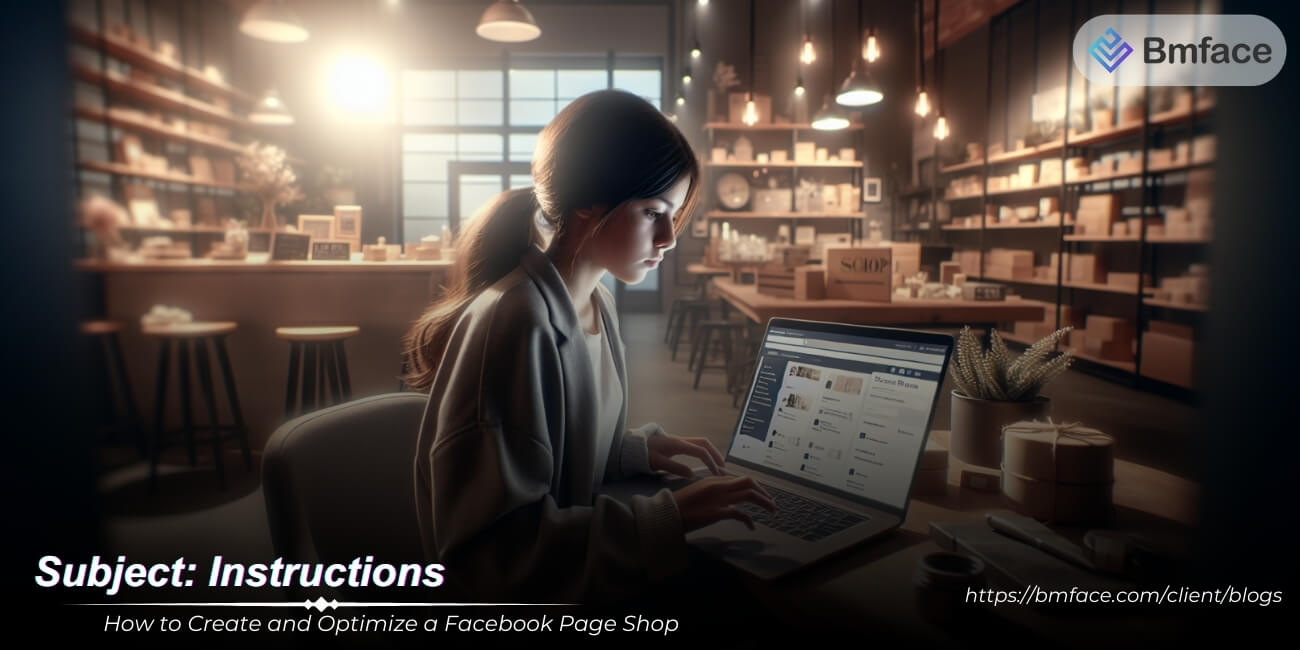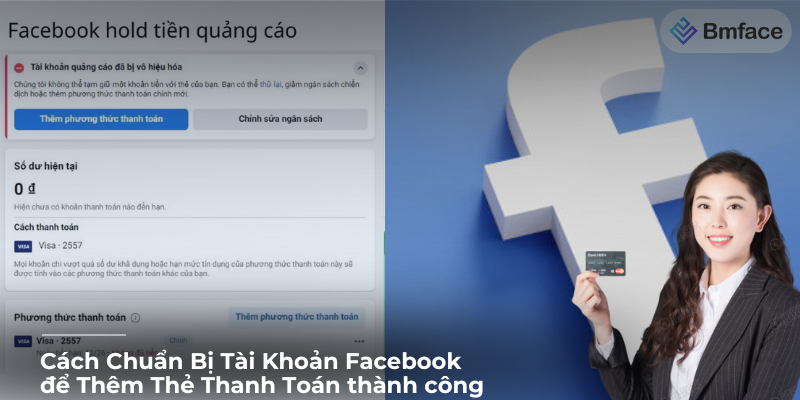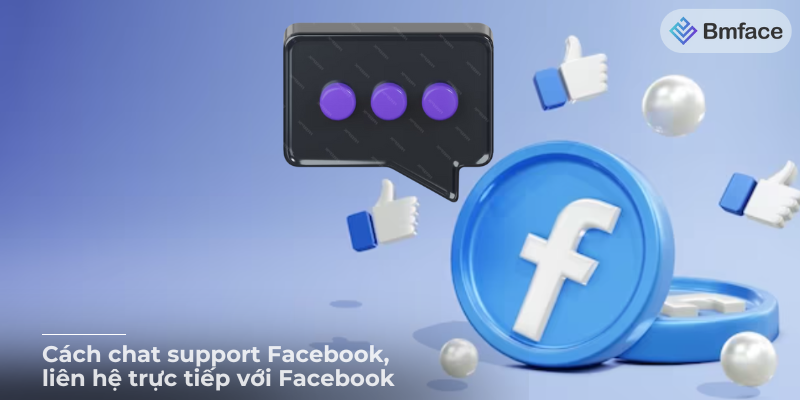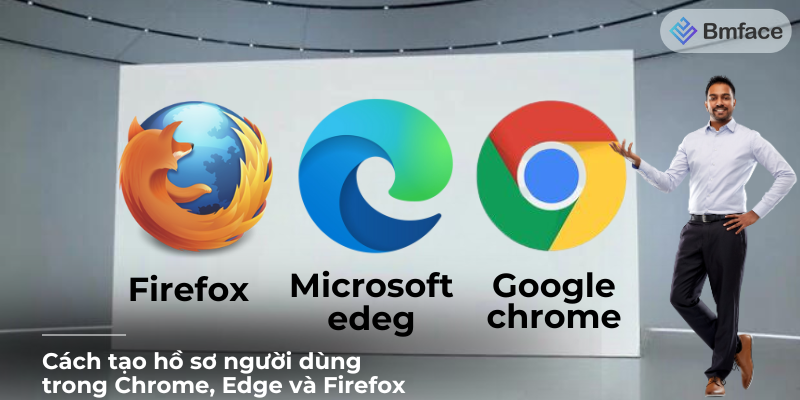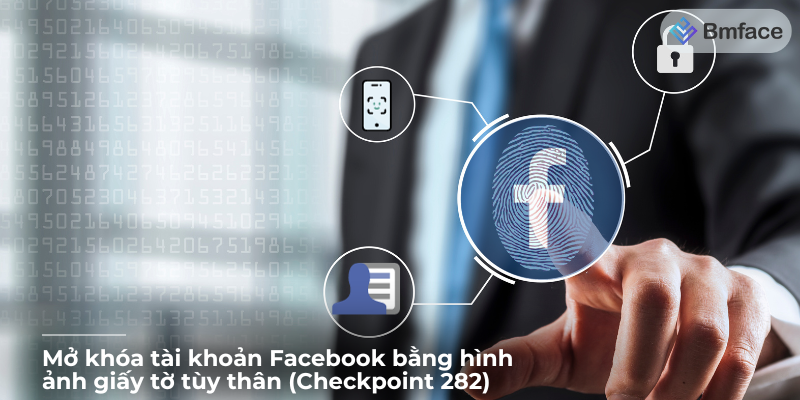In today's digital landscape, the credibility of being verified on social media can significantly enhance the reputation and visibility of a public figure. With many different platforms offering their versions of verification badges, it's essential to understand how Facebook's green tick compares to other platforms. This article by BMface provides a detailed comparative analysis of Facebook's verification process for public figures compared to other leading social media platforms, highlighting the unique benefits this process offers bring.
Understanding the Verification Badge
A verification badge, often represented by a blue tick across various social media platforms, serves as a hallmark of authenticity and credibility. This small yet significant symbol plays a crucial role in the digital ecosystem by affirming the legitimacy of profiles of public interest. Here's an overview of what the verification badge entails and its importance:
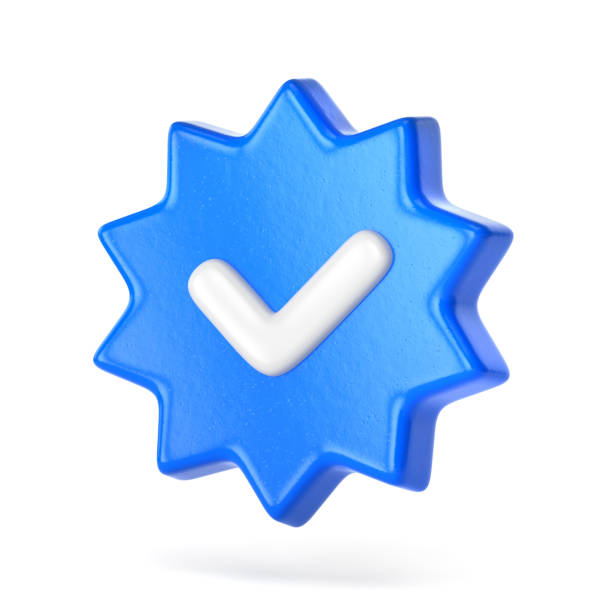
1, Purpose of the Verification Badge
-
Authenticity: The primary function of the verification badge is to confirm that the account is the authentic presence of the notable individual, public figure, celebrity, or brand it claims to represent. This helps users distinguish between official accounts and impersonators or fan accounts.
-
Credibility: The badge also lends credibility to the account, signaling to users that the platform has recognized and verified its legitimacy. This can enhance the account's influence and trustworthiness among its audience.
-
Security: By verifying accounts, social media platforms aim to protect both the public figures or brands and their followers from the potential harm caused by fake accounts, such as misinformation or scams.
2, Impact of Having a Verification Badge
-
Increased Visibility: Verified accounts often benefit from enhanced visibility within the platform. Algorithms may prioritize content from verified accounts in feeds and search results, leading to greater reach and engagement.
-
Protection Against Impersonation: The badge acts as a deterrent against impersonation, providing a layer of protection for the verified entity. It makes it harder for imposters to gain traction or mislead followers since the badge is a clear indicator of authenticity.
-
Trust Among Followers: Followers are more likely to trust and engage with content from a verified account. This trust is pivotal in building and maintaining a strong, engaged community around the verified entity.
3, Obtaining a Verification Badge
-
Eligibility Criteria: Social media platforms have specific criteria for verification, generally requiring accounts to be notable, authentic, unique, and complete. Accounts must often demonstrate their notability through press coverage, public recognition, or significant impact in their field.
-
Application Process: Many platforms offer a process through which eligible accounts can apply for verification. This typically involves submitting proof of identity or legal status (for brands), along with evidence supporting the account's notability and public interest.
-
Maintaining the Badge: Once verified, it's important to adhere to the platform's terms of service and community guidelines. Verification can be revoked if an account violates these guidelines or engages in deceptive practices.
The verification badge is more than just a symbol; it's a critical tool for ensuring the integrity and trustworthiness of social media interactions. By verifying the authenticity of accounts of public interest, platforms help create a safer and more reliable online environment. For public figures, celebrities, influencers, and brands, obtaining and maintaining a verification badge is essential for enhancing their digital presence, protecting their identity, and fostering trust with their audience.
Facebook's Verification Process
Facebook's verification process is designed to recognize and protect the authenticity of public figures, celebrities, influencers, brands, and other notable entities. Here's a breakdown of the criteria required for verification and the benefits that come with obtaining the coveted blue tick:
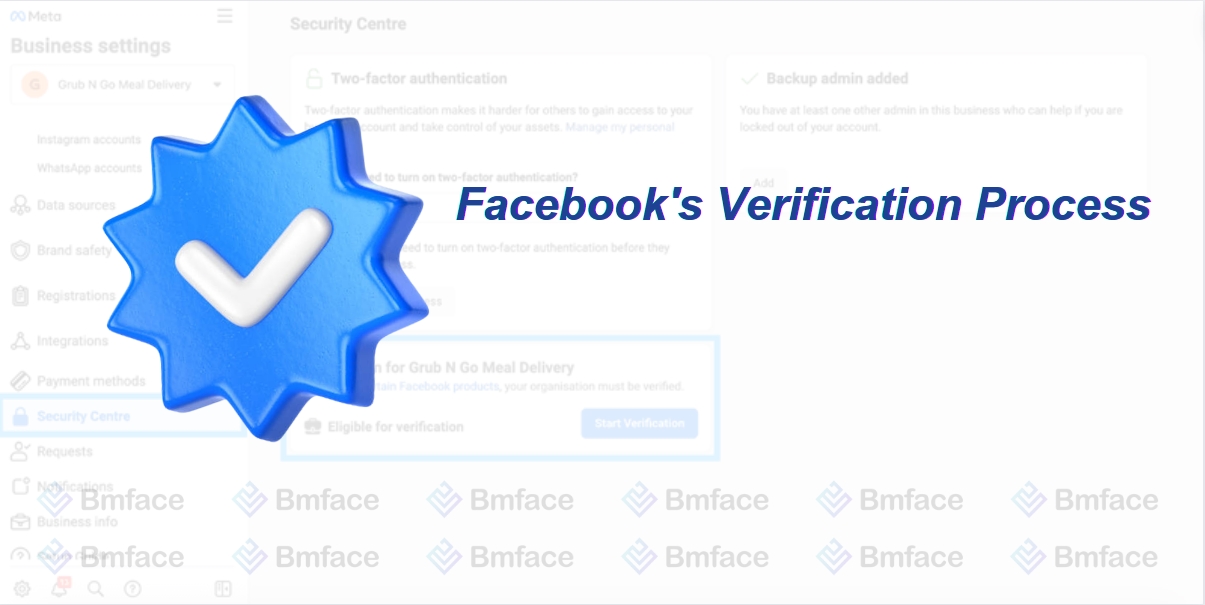
1, Criteria for Verification
-
Authenticity: The account must represent a real person, registered business, or entity. Proof of identity or legal documentation may be required to confirm authenticity.
-
Uniqueness: Each verified account must be the unique presence of the person or entity it represents. Only one account per person or entity is typically verified, though exceptions are made for language-specific accounts. Generic interest accounts are not eligible.
-
Notability: The account must represent a well-known, highly searched for person, brand, or entity. Notability is usually determined through coverage by multiple news outlets, and Facebook may use other factors such as public interest to assess this criterion.
-
Completeness: The profile or page must be public and include a bio, profile picture, and at least one post. Pages or profiles representing individuals or entities without a clear bio or content may not qualify.
2, Benefits of Verification
-
Enhanced Discoverability: The blue tick increases the account's visibility on the platform. Verified accounts are more likely to appear in search results and suggested accounts, making it easier for users to find and follow them.
-
Trust and Credibility: Verification serves as a badge of authenticity, signaling to the audience that the account is the genuine presence of a notable figure or brand. This builds trust and credibility, which are crucial for engaging effectively with followers.
-
Access to Advanced Features: Verified accounts often gain access to features and tools before they're available to the broader Facebook community. This can include insights and analytics tools, providing valuable data on follower engagement and content performance.
-
Protection Against Impersonation: The verification badge helps protect public figures and brands from impersonation and fraud. It reassures followers that they're engaging with the official account, reducing the risk of scams and misinformation.
-
Increased Engagement and Reach: While the verification itself doesn't directly affect engagement metrics, the trust and authority it conveys can lead to higher interaction rates from followers. This increased engagement can contribute to broader reach and influence on the platform.
Facebook's verification process is integral for maintaining the platform's integrity and trustworthiness. By meeting Facebook's criteria, eligible accounts can enjoy the benefits of verification, which not only solidifies their authenticity but also enhances their interaction with the audience. For those looking to get verified, it's important to ensure that your account meets all the eligibility requirements and to prepare the necessary documentation for the application process. The benefits of having a verified account on Facebook make it a worthwhile endeavor for public figures and brands aiming to expand their digital footprint and foster a deeper connection with their audience.
How Facebook Stacks Up Against Other Platforms
Facebook's approach to verification offers a unique blend of criteria and benefits tailored to its vast and diverse user base. When compared to other major social media platforms, each with its distinct focus and audience, Facebook's verification system provides a comprehensive method for ensuring authenticity and enhancing the online presence of public figures and brands. Here's how Facebook stacks up against other platforms:
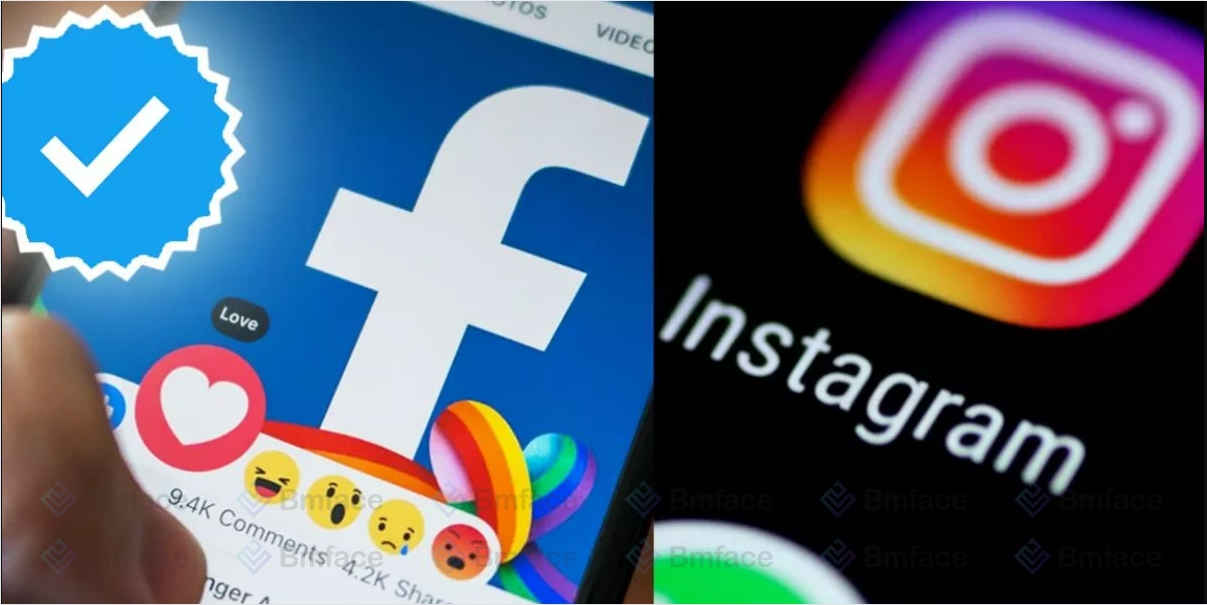
1, Twitter
- Criteria and Transparency: Historically, Twitter's verification process was perceived as more opaque compared to Facebook's. However, recent efforts to clarify and democratize the verification criteria on Twitter indicate a move towards greater transparency and inclusivity.
- Selectivity: Twitter has been known for its selectiveness in granting verification, focusing intently on notability and influence within the platform's microblogging context.
2,Instagram
- Content Emphasis: Instagram, with its visual-centric platform, places a strong emphasis on the account being highly searched for, alongside the visual appeal and originality of the content.
- Shared Foundation: Being owned by Facebook, Instagram shares a similar foundational approach to verification but tailors its criteria to suit the platform's emphasis on visual storytelling and influencer culture.
3,YouTube
- Subscriber-Based Criterion: YouTube's verification is more straightforward, with a clear benchmark of 100,000 subscribers as a primary criterion, alongside the need to verify the channel's authenticity.
- Content Creator Focus: This platform-specific approach caters to content creators and is designed to celebrate and recognize their milestone achievement, differing from Facebook's broader evaluation criteria.
4, LinkedIn
- Professional Verification: Unlike the other platforms, LinkedIn focuses on professional credibility, with verification coming in the form of profile completeness, endorsements, and recommendations rather than a public figure status.
- Industry and Career-Oriented: LinkedIn's verification process is uniquely tailored to its audience of professionals and businesses, emphasizing career achievements and professional standing.
Conclusion
Facebook's verification process stands out for its emphasis on authenticity, notability, and a well-rounded assessment of public interest. Compared to Twitter, Instagram, YouTube, and LinkedIn, Facebook offers a balanced approach that accommodates a wide variety of content types and public figures. Each platform has developed its verification system to best meet the needs of its community, reflecting the diverse landscapes of social media where different types of public figures and brands can find their niche and thrive. The choice of platform for seeking verification ultimately depends on where a public figure or brand's audience is most engaged and active, highlighting the strategic consideration behind seeking a verification badge.
Don't forget to follow Bmface and tutorial blog to update more interesting content!
Cảm ơn bạn đã theo dõi bài viết. Mua hàng tại Bmface.com để ủng hộ đội ngũ Admin viết thêm nhiều bài viết hay. Xin cảm ơn!


